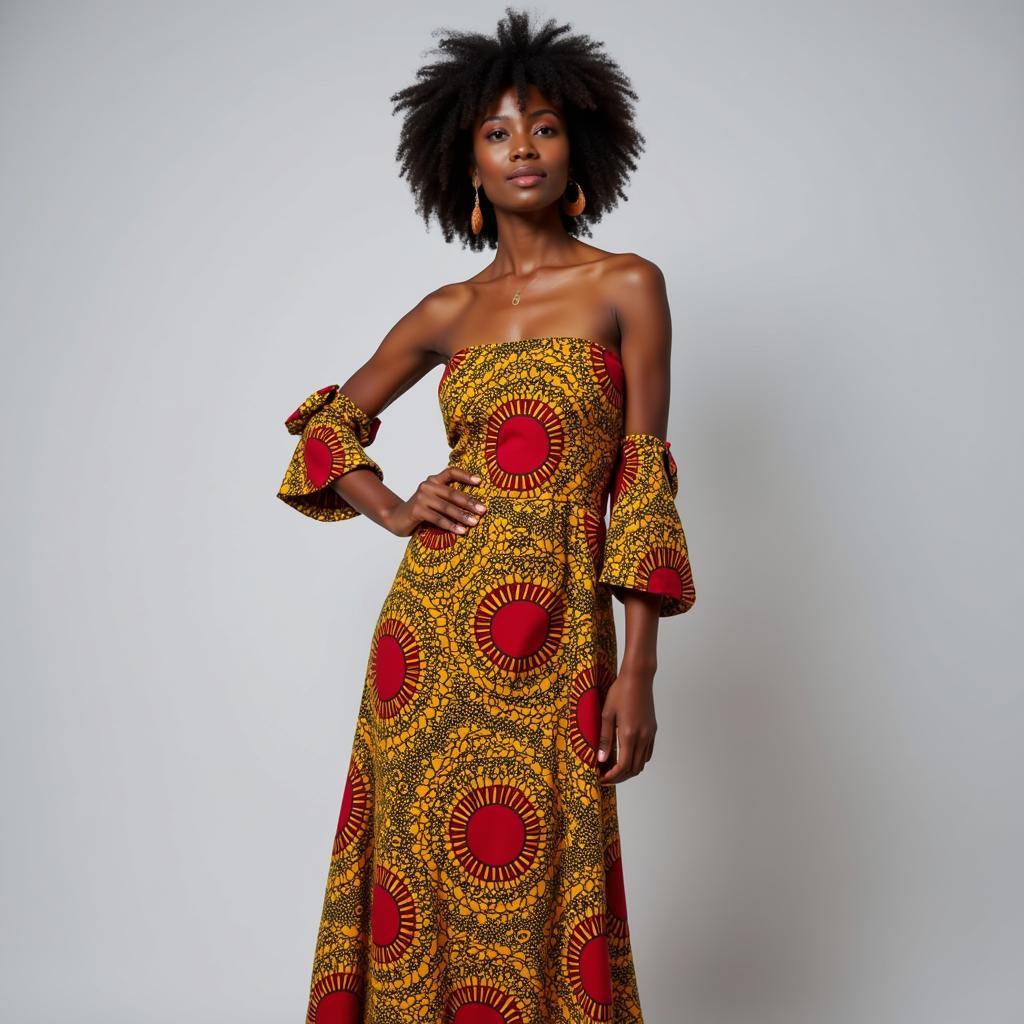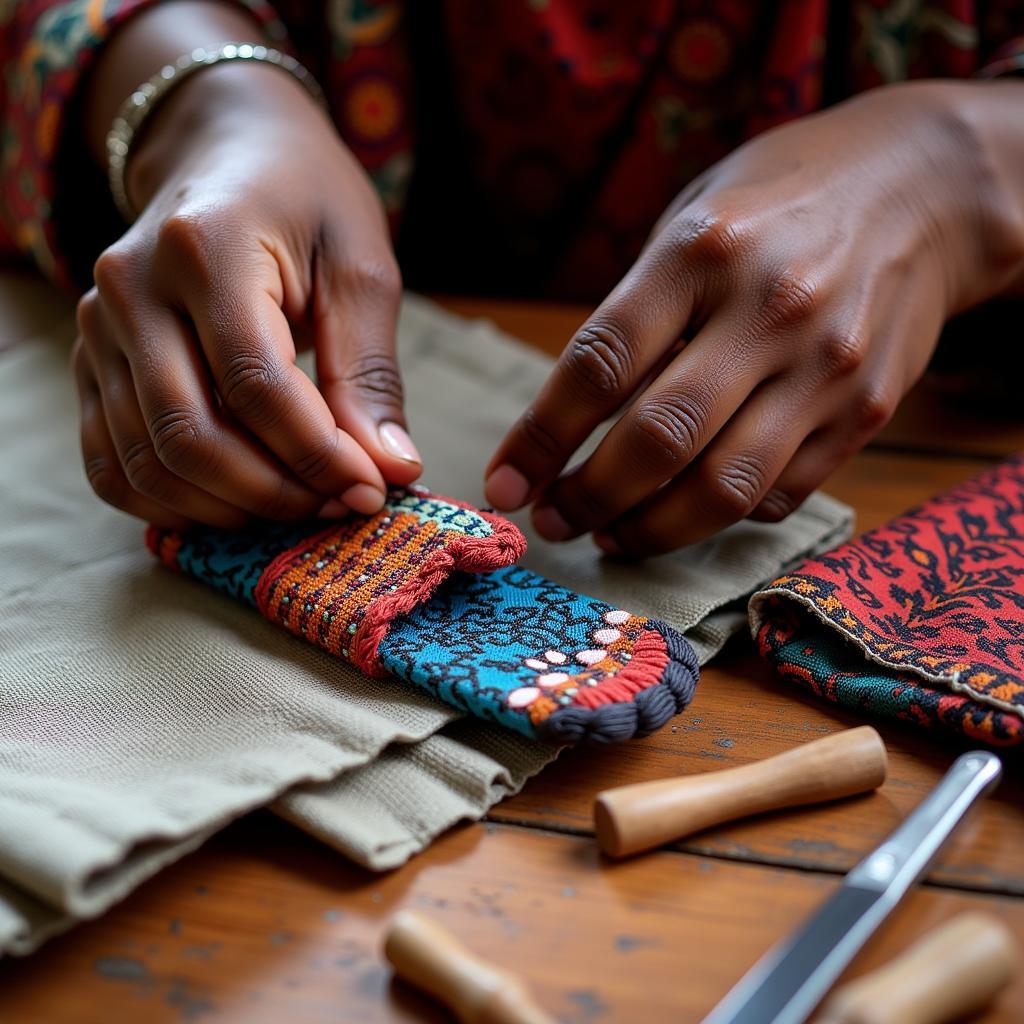The Vibrant World of African American Dance Ensembles
African American Dance Ensembles hold a captivating presence in the world of performing arts. These dynamic groups, deeply rooted in African traditions, blend cultural heritage with innovative choreography, captivating audiences with their energy, artistry, and powerful storytelling. From traditional West African rhythms to contemporary interpretations of the Black experience, African American dance ensembles offer a vibrant tapestry of movement and expression.
Tracing the Roots: From Africa to America
The origins of African American dance ensembles can be traced back to the transatlantic slave trade, which brought African people to the Americas. Despite the brutal realities of slavery, African cultural practices, including music and dance, survived and evolved. Ring shouts, spirituals, and other forms of expression served as a source of solace, community, and resistance for enslaved Africans.
These early dance forms, deeply intertwined with music and storytelling, laid the foundation for the development of distinct African American dance traditions. Over time, these traditions blended with European influences, resulting in new styles like tap, jazz, and hip-hop, all of which carry echoes of their African roots.
A Celebration of Heritage and Identity
African American dance ensembles play a vital role in preserving and celebrating cultural heritage. Through their performances, they pass down traditions, stories, and values to future generations. These ensembles serve as a powerful reminder of the resilience, creativity, and spirit of the African American community.
Furthermore, these ensembles provide a platform for exploring and expressing the multifaceted aspects of Black identity. Their performances often delve into themes of social justice, equality, and the ongoing struggle for civil rights, amplifying marginalized voices and sparking important conversations.
The Evolution of Style and Form
While deeply rooted in tradition, African American dance ensembles are constantly evolving. They embrace innovation, incorporating contemporary themes and dance techniques while staying true to their cultural origins. This fusion of styles creates a dynamic and captivating performance experience.
From the powerful movements of Alvin Ailey American Dance Theater, renowned for its blend of modern dance and African aesthetics, to the energetic stepping of groups like Step Afrika!, which draws inspiration from African footwork traditions, African American dance ensembles showcase a diverse range of styles and artistic expressions.
Impact and Influence
The influence of African American dance ensembles extends far beyond the stage. They have had a profound impact on popular culture, inspiring dance forms, fashion, music, and visual arts. Their innovative choreography and unique movement vocabulary have shaped the global dance landscape.
Moreover, these ensembles play a crucial role in education and community engagement. They offer workshops, masterclasses, and outreach programs, making dance accessible to a wider audience and fostering cultural understanding and appreciation.
Frequently Asked Questions about African American Dance Ensembles:
1. What are some of the most famous African American dance ensembles?
Some renowned examples include Alvin Ailey American Dance Theater, Dance Theatre of Harlem, Philadanco, and Step Afrika!
2. What are some of the common characteristics of African American dance?
Common characteristics include polycentrism (using multiple body parts independently), improvisation, rhythmic intricacy, and a strong connection to music and storytelling.
3. Where can I find performances by African American dance ensembles?
Many ensembles tour nationally and internationally. Check their websites for performance schedules, and explore local performing arts centers and festivals.
4. Are there opportunities to learn African American dance styles?
Yes! Many dance studios and community centers offer classes in various African American dance styles, such as African, jazz, hip-hop, and tap.
5. How can I support African American dance ensembles?
Attending performances, donating to their organizations, and spreading awareness about their work are all great ways to show your support.
Need Help? Contact Us!
For further inquiries or assistance, please contact us at:
Phone Number: +255768904061
Email: kaka.mag@gmail.com
Address: Mbarali DC Mawindi, Kangaga, Tanzania.
Our dedicated customer support team is available 24/7 to assist you.


